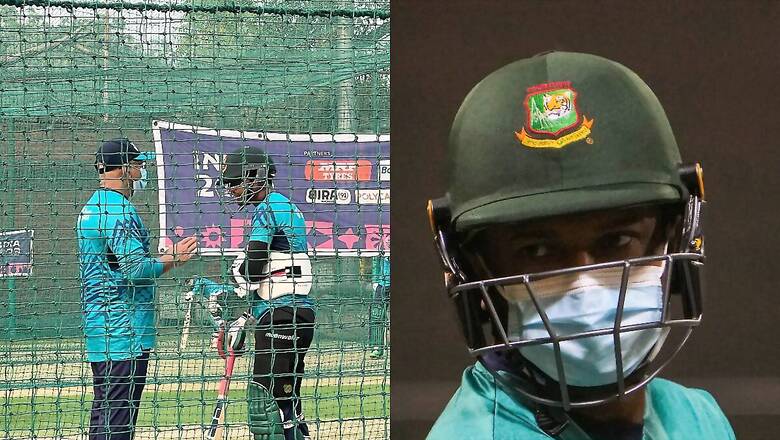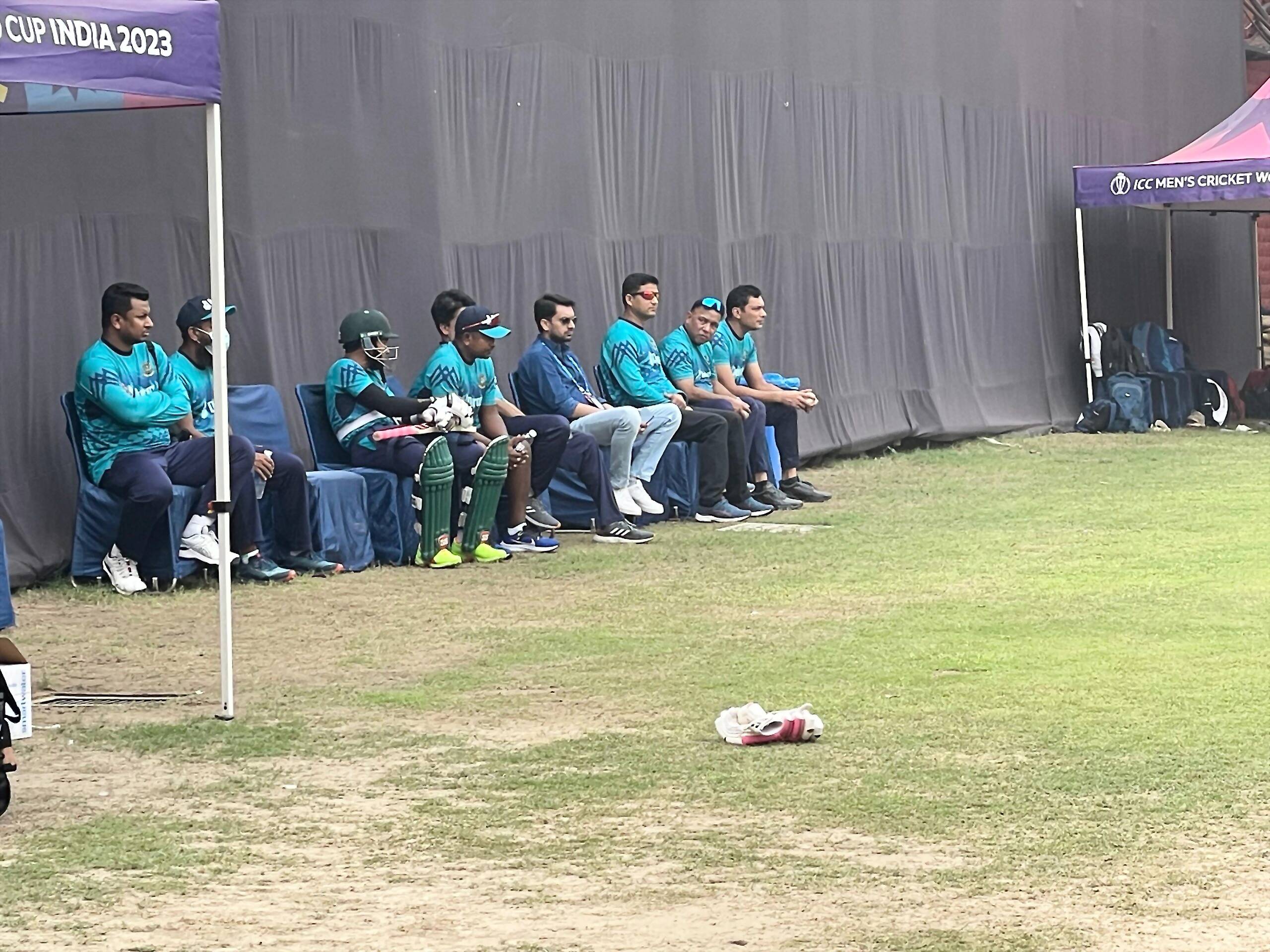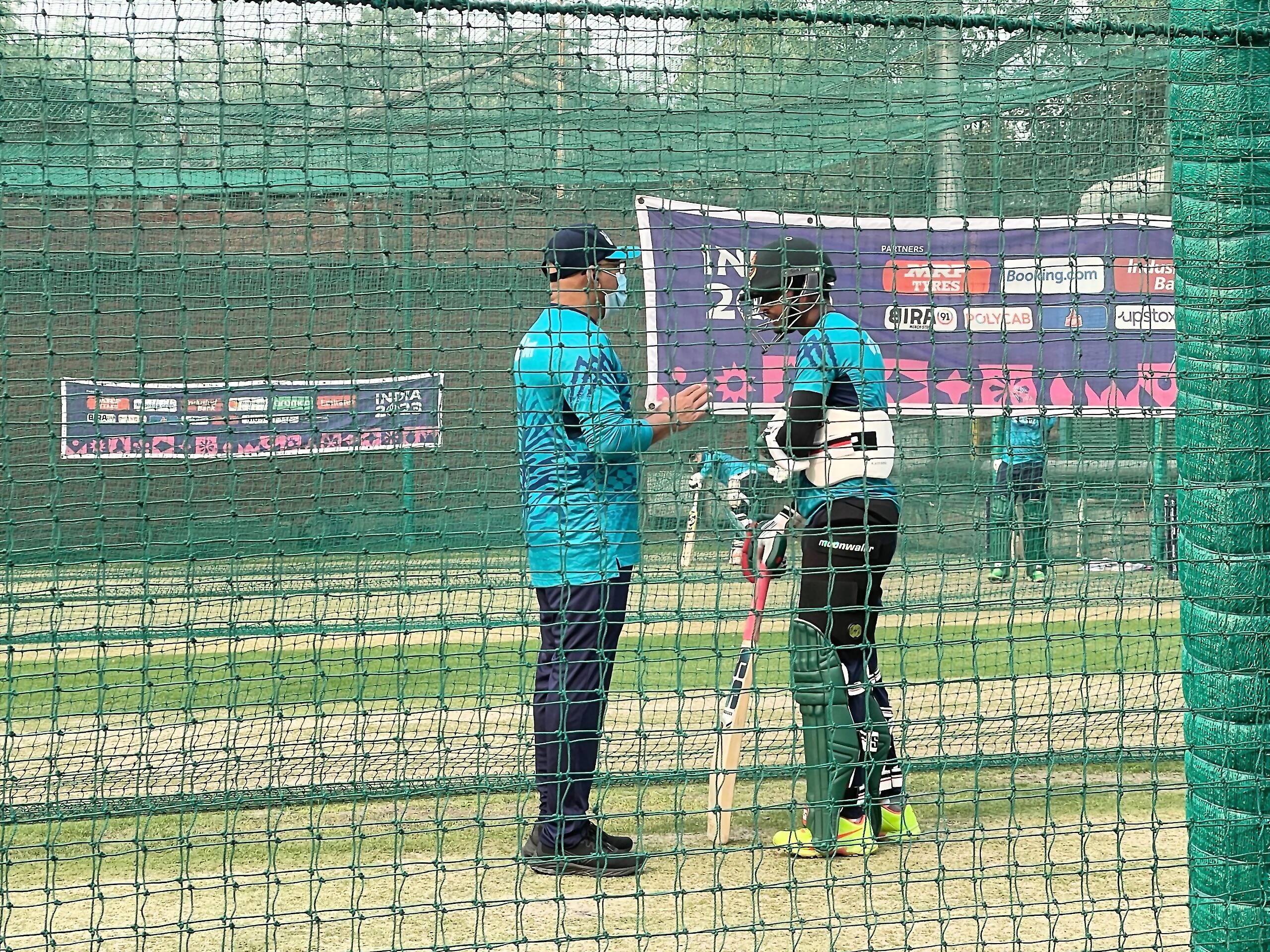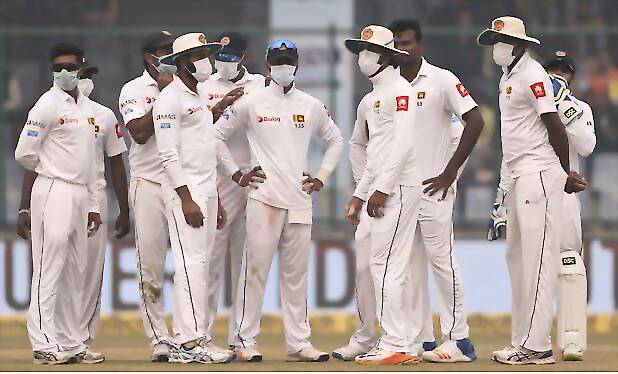
views
Delhi and its smoggy winters – a nightmare that returns every year in the month of November to haunt its residents. Shortness of breath, people in masks all around and itchy eyes – these are the common sights in the national capital, rather an indication that ‘Winter is Coming.’ But not for our neighbours, especially the likes of Bangladesh and Sri Lanka who are here to lock horns in the ICC World Cup 2023, in match no. 38, at the Arun Jaitley Stadium.
They aren’t habitual of getting choked by smog or struggling to identify the person ahead of them on a busy road due to lack of visibility. Ideally, no one should be. But that’s the harsh reality of Delhi. Anything more than 250 on the Air Quality Index (AQI) is not ideal but Delhi’s air has been hitting the new low every day and hazardous is the new normal.
In such a gas chamber-like situation, Bangladesh and Sri Lanka are bound to play their World Cup game on Monday.
The cancellations of training sessions
Even the general physicians across the NCR would suggest staying at home and staying safe. No, it’s not the pandemic but an equivalent to that. The toxic air blanketing the city forced the Bangla Tigers to cancel their training on Friday. As per Reuters, Delhi topped a real-time list of the world’s most polluted cities compiled by Swiss group IQAir, which put the city’s air quality index (AQI) at 640 in the ‘hazardous’ category just a couple of days prior to the game.

ICC World Cup: Schedule | Results | Points Table | Most Runs | Most Wickets
The Lankans went the same way and opted not to step out of their team hotel as they didn’t want to risk the health of the players. They cancelled their training plans on Saturday and are scheduled to train on the eve of the clash against Bangla rivals.
Masks on in Bangladesh Camp
The Bangladesh team showed up at the venue on Saturday evening to have a light net session under the lights. But the smog was an unwanted guest. The likes of Mahmudullah and skipper Shakib were some notable names who trained for 60-odd minutes and headed back to the hotel.

What was worth noticing were the masks. Most of the Bangladesh team members had masks on while training. Same were the scenes when they returned to the nets on Sunday afternoon. Head coach Chandika Hathurusingha was the one who observed the likes of Liton Das, Mushfikur Rahim, Tanzid Hasan and Najmul Hossain Shanto and had his mask on.
Air Quality affecting both teams
Addressing the pre-match presser on Sunday, Hathurusingha expressed his concern over the filthy air quality in the national capital. But unfortunately, they don’t have a choice but to compete for another win in this tournament.
“Yeah, air quality is, as you said, rightly it’s affecting both teams. And it’s not ideal, but we have no choice. We have to play in the condition in front of us. But the pitch and the ground look immaculate. I think one of the best pitches that we’re probably going to play this World Cup. As you said, Sri Lanka and Bangladesh have played really good matches in recent past. The thing is, both teams in a really similar situation, to be honest, are trying to finish as high as possible because we have lost the opportunity to get into the semi-final now,” Hathurusingha said.
ALSO READ| Bangladesh Players Train with Masks After Sri Lanka Cancel Session Due to Rising Air Pollution in Delhi
Back in 2017 when Sri Lanka toured India for a bilateral series, they suffered the consequences of the poor Delhi air. Several players from the Lankan camp vomited on the field after which the game was halted for a while; the first such instance in the history of Test cricket. The players returned with masks on their faces as the play resumed.

Nic Pothas was the Lankan coach then who had already shared his experience with Hathurusingha, prompting the Bangladesh camp to be more careful and avoid any long-term effects on the players.
“He spoke about the situation back then. Yeah, we were a little bit concerned. That’s why we cancelled one practice session as well. So, we are trying to minimize our exposure to the outdoors as much as possible because we need to practice as well as well as that we have to be careful long-term effect of this condition,” he added.
Asthmatic players didn’t turn up
The Bangladesh players are under the constant watch of team doctors. In fact, they aren’t even exerting before the game while the players who are asthmatic didn’t show up in the training session on Saturday.
“Our doctor has kept a close eye on players. Some of the players didn’t turn up for practice as they are asthmatic so they stayed indoors. And even for practice, we’re very conscious. We train when we have to train and then go back into the dressing room. They don’t spend time unless they’re bowling or batting,” the Bangladesh coach said.















Comments
0 comment